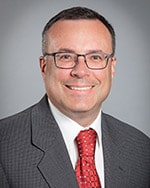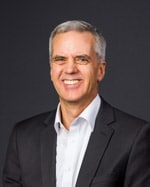Create a better
financial future
for your family.
Create a better
financial future
for your family.
Financial Advisors in Fargo, North Dakota
Feeling lost about Your Financial Plan?
It's a well known fact that Americans stress about money. Maybe you worry about setting a budget or are nervous of how your investments are performing. Perhaps you are concerned you aren't doing enough to plan for retirement.
Whatever the case may be, it doesn't have to be this way.
Reaching your financial goals is possible with a solid plan. We can help.
Financial Strategies Group
1220 28th Ave N
Fargo, ND 58102
701-234-0103
Office Hours
Monday - Thursday 8 am - 5 pm
Friday 8 am - 3 pm
We will walk with you every step of the way
so you can make wise, informed decisions.
YOUR ADVISORS.
Check the background of these investment professionals on FINRA's BrokerCheck.
We have years of experience helping clients reach their goals. Our specialty is business management,
financial investment, risk management, & retirement planning.
Choose your financial team with confidence.
OUR PROCESS.
- Schedule a complimentary meeting with a financial advisor
- Create your plan with your advisor that fits your dreams & goals
- Execute your plan with your advisor's guidance along the way
Your Financial Future
With Financial Strategies Group
Being unsure of how to manage your investments can lead to years of stress. We can help you create a plan and set the course for your financial future that will give you peace.
You want solid financial advice from professionals you can trust. We not only can give you great financial advice, we build a long-term relationship with you so that as you go through seasons in life, we can be there for you - guiding you as you need us.
At Financial Strategies Group, we've helped countless individuals, families, and businesses create a financial plan that gives them peace about their future.
You have dreams, aspirations, and goals for a stronger financial future. Our calling is to capture these goals on paper, and coach you to where you want to be.





